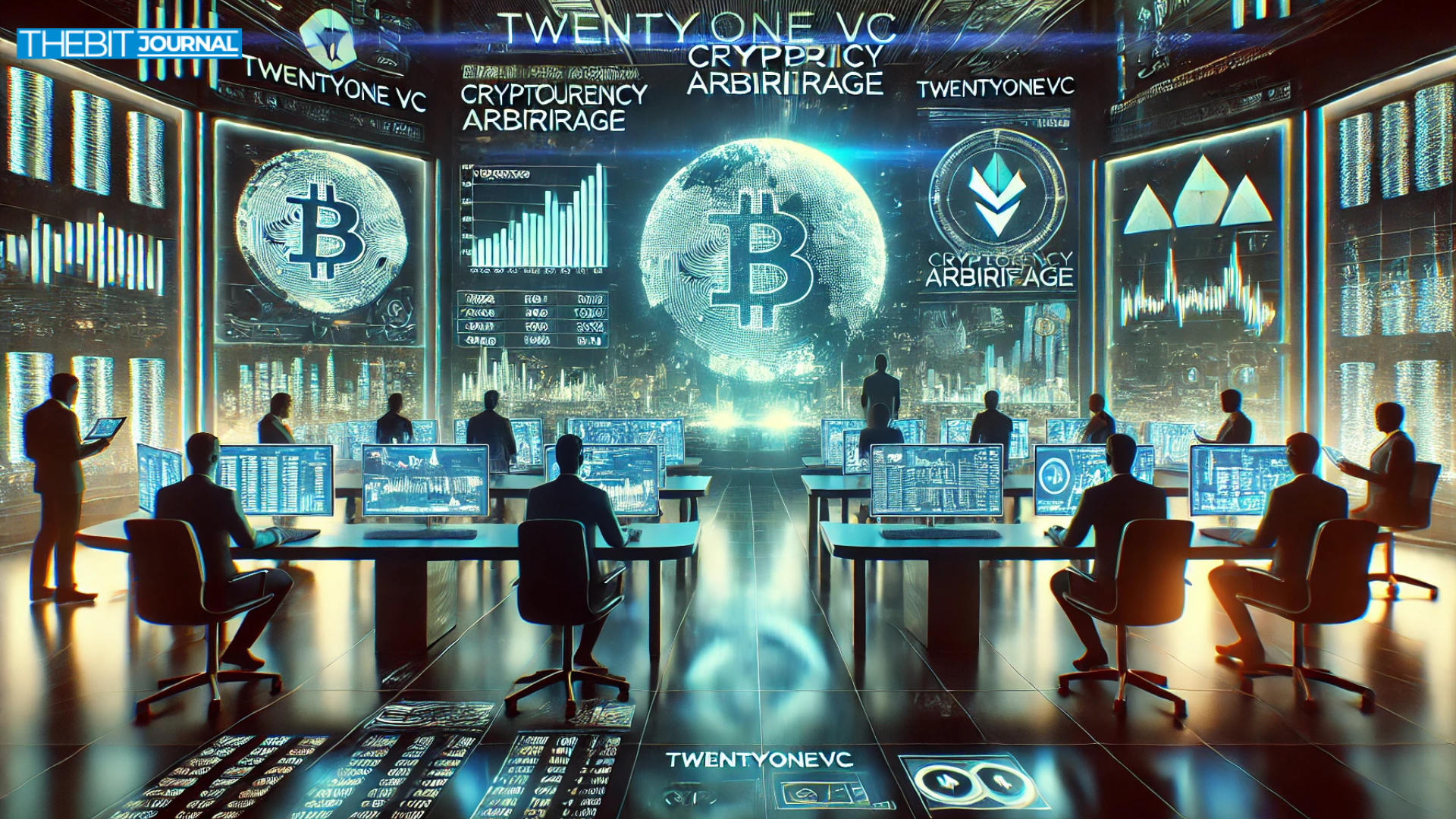The artificial intelligence (AI) market is projected to reach $243.70 billion in 2025, reflecting the massive financial backing behind AI advancements.
It is not surprising that major technology companies such as Amazon, Google, Meta, and Microsoft plan to invest approximately $320 billion in AI this year.
However, a growing concern lies in the billions being funneled into centralized, closed-source AI models controlled by a few dominant players.
The Security and Ethical Risks of Centralized AI
A few centralized entities dominate AI development, raising security and ethical concerns.
Hugo Feiler, CEO and co-founder of layer-1 network Minima, told Cryptonews that centralized AI systems aggregate large amounts of sensitive data and computational resources in a single hub, creating considerable vulnerabilities.
“Such systems are attractive targets for cybercriminals, and a security breach could lead to the exposure of sensitive information or, even more alarmingly, allow malicious individuals to manipulate AI algorithms,” Feiler said.
He noted that biases in centralized AI systems remain a concern as major tech firms maintain control over AI development.
How Decentralized Data Strengthens AI Integrity
As AI development progresses, the demand for trusted and secure data grows.
Industry experts believe that decentralized data will play a key role in ensuring data integrity for AI innovation moving forward.
Porter Stowell, head of ecosystem and community at Filecoin Foundation, explained that decentralized data is stored across multiple nodes in a distributed network.
“Unlike traditional cloud storage, which relies on a handful of major providers, decentralized data ensures that no single party has unilateral control over access, availability, or security,” Stowell said.
He added that blockchain plays a critical role by providing a transparent and immutable ledger for tracking data storage and retrieval.
“In the case of the Filecoin network, blockchain technology ensures that data is provably stored using cryptographic proofs like Proof-of-Storage and Proof-of-Spacetime, making it tamper-proof and verifiable,” he remarked.
Rowan Stone, CEO of Sapien, told Cryptonews that while not all data needs to be decentralized, the concept plays an important role.
For example, Stone pointed out that banking giant JPMorgan alone holds nearly 120 petabytes of data.
“This is huge in comparison to just 1 petabyte of open internet data OpenAI’s GPT-4o model was trained on,” Stone said. “If we were to quantify the sum of collective human frontier knowledge, it would be close to 5.5 billion petabytes – orders of magnitude beyond what today’s public AI models are trained on.”
Stone elaborated that it’s not challenging to access data, but rather to curate and structure information efficiently.
“Centralized systems struggle to scale, lacking the flexibility to incentivize the right specialists to validate, label, and optimize data at the speed AI development demands. Decentralization solves this,” he said.
Decentralized Data’s Impact Across AI Sectors
A number of companies are working to ensure decentralization becomes the norm, particularly in AI model training.
Ismael Hishon-Rezaizadeh, co-founder and CEO of Lagrange, told Cryptonews that decentralized storage solutions like Filecoin allow data to be stored across multiple nodes, facilitating access to large datasets for model training and inference.
He added that protocols that incentivize users to share their data compensate participants for their contributions.
“These datasets are then used for training models or making predictions based on real-world data,” Hishon-Rezaizadeh said.
For example, Sapien is building a decentralized data foundry—a permissionless protocol where AI models can source human expertise globally. This allows anyone to contribute knowledge to advance AI.
Sapien recently collaborated with carVertical, a company that specializes in vehicle history reporting. CarVertical needed to improve the accuracy and efficiency of its vehicle data processes.
“Traditionally, these types of data labeling tasks rely on centralized teams, which can be slow, costly, and limited by the expertise of a small group creating biases,” Stone said.
By working with Sapien, carVertical was able to match user vehicle queries with correct automobile makes and models.
Contributors from diverse backgrounds then helped refine the system, ensuring accurate search results and minimizing irrelevant matches.
“We trained a decentralized network to tag and verify vehicle identification numbers (VINs),” Stone explained. “This process was supercharged with automation processes, while human validators ensured data accuracy.”
Contributors were able to label thousands of vehicle images, standardizing how cars were displayed in carVertical’s catalog.
This improved both consistency and user experience for the company. Contributors were also rewarded for their work.
Additionally, blockchain was leveraged as a system of accountability.
“The blockchain gives a ledger of value where specific AI models can fine-tune their capabilities through a diverse and ever-expansive network of contributors of various backgrounds,” Stone remarked.
Addressing the Challenges of Decentralized Data Implementation
While decentralized data sets will undoubtedly have an impact on AI models, a number of challenges remain.
Jiahao Sun, founder and CEO at decentralized AI company FLock.io, told Cryptonews that there are concerns around scalability, data verification, and interoperability when it comes to decentralized data sets.
“Blockchain networks can face bottlenecks in processing large volumes of data,” Sun said. “Also, decentralized data can come from multiple, unverified sources. Moreover, many blockchain networks operate in silos, making data sharing complex.”
Sun pointed out that solutions implementing decentralized oracles, reputation systems, and AI-driven validation can improve data reliability.
Cross-chain protocols and decentralized data marketplaces also help bridge the gaps between blockchain networks.
Yet the real concern remains around regulatory and compliance issues. Sun noted that governments are still battling with how to regulate the AI sector, along with decentralized data.
“A balanced approach will be important moving forward and should include compliance frameworks evolving alongside technological innovation,” Sun commented.
While this may be the case, Stone remains confident that AI models will soon shift from data scarcity to diverse data sourced globally through decentralized networks.
“Blockchain will enable trustless AI systems with transparent, verifiable data trails, reducing biases and enhancing accountability,” he said. “We’ll see the rise of incentivized knowledge economies, where individuals actively contribute to AI training for rewards. Ultimately, autonomous AI agents will tap into real-time, crowd-sourced expertise – reshaping how data is created, validated, and shared on a global scale.”
Centralized models have long dictated the flow of data, but mounting vulnerabilities and biases signal the need for a different approach.
A decentralized strategy positions data as a communal asset—one that can be curated, verified, and improved collectively.
A distributed model could redefine AI expectations by improving data transparency and integrity.
The post Why Decentralized Data Is Needed As AI Matures appeared first on Cryptonews.
News – Read More











 (@BeelinesAi)
(@BeelinesAi)